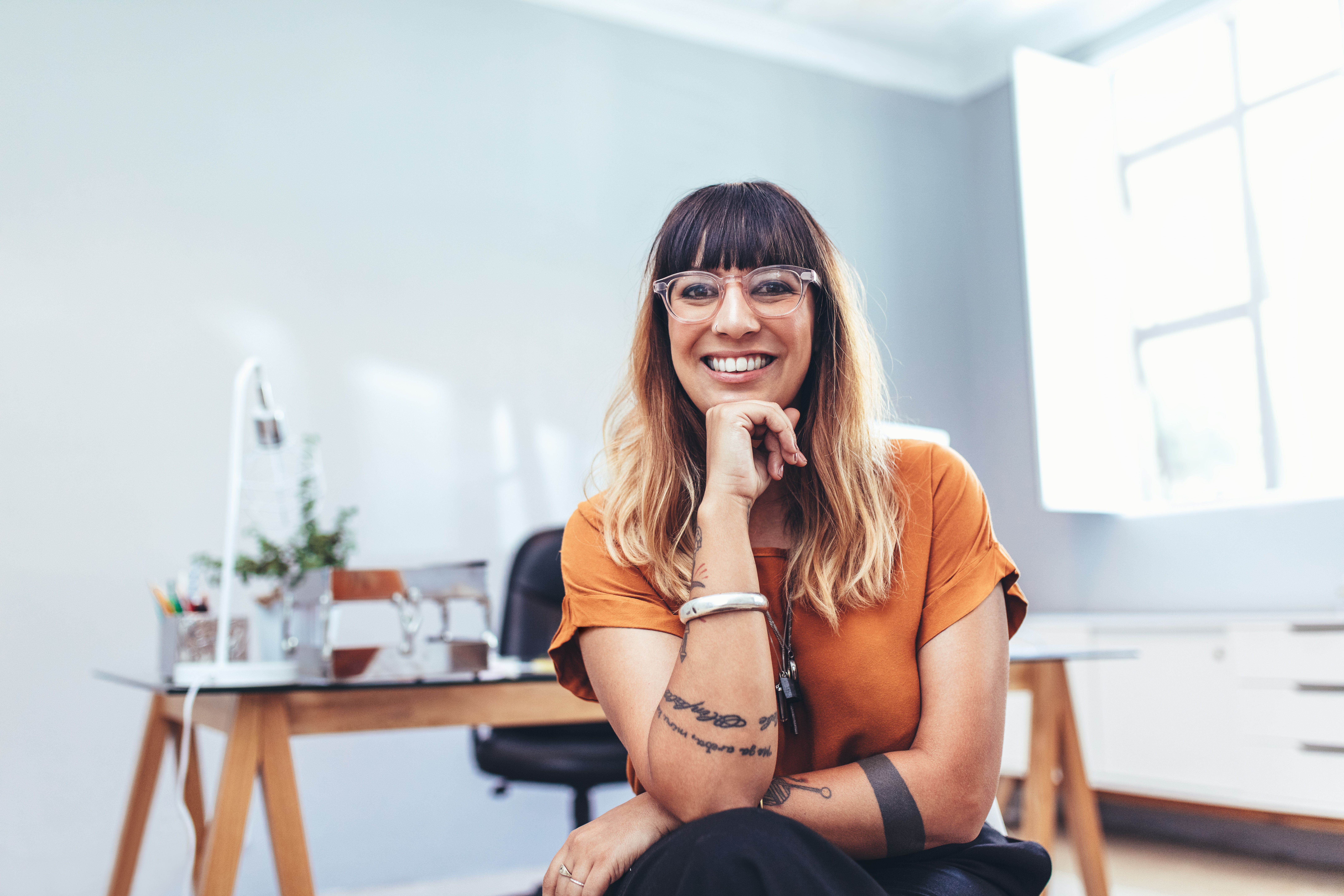05/08/2021
What is confidence and how can I get some?
“I don’t have any confidence” is often one of the first things a tenant will tell me about themselves. It’s probably the biggest and most common barrier to moving forward into training, employment or volunteering, and we encounter it on a daily basis. Confidence is linked to almost everything we go through! It helps us tackle the demands of daily life and cope if something goes wrong. Confidence gives us courage to keep going and try again. It makes us resilient and open to new experiences.
As a Community skills Adviser, I can give you suggestions and recommend fantastic courses to help you on your way, but if a crippling lack of confidence is holding you back, that’s where we need to start.
What causes confidence issues?
To develop long-term, sustainable solutions, it’s important we explore and recognise the root cause of your confidence issues. In the long run, going back to the foundations will make sure you move forward in the right way.
Self-esteem. This is how you feel about yourself – the value you place upon yourself, who you think you are and what you’re capable of. Self-esteem is not the same as confidence, but they are strongly linked, and while we all suffer from occasional dips in our self-esteem, if it is permanently low it can lead to, or be a symptom of, mental health issues.
Low self-esteem is often developed over time. It might come from our childhood experiences, negative feedback or traumatic events. A traumatic event could mean abuse (whether that’s physical, mental or otherwise), but also the recent pandemic – these experiences may also have an effect on you, sometimes without realising.
Experience. A lack of experience often gets in the way of feeling confident about something and starting something new. Joining a social group or starting a new role can be very anxiety inducing.
You may be worried about getting it wrong and thinking:
- I don’t know where to go
- I don’t know what to do
- I don’t know what to say
Preparation helps, like doing some research in advance, but if you don’t have access to WiFi this isn’t always easy. Sometimes all you need is a friendly face to go with you the first time, do a practice run or help you find the information you need.
It all went wrong last time. Maybe you had a job but it didn’t go well, or you started a training course but didn’t finish. A negative experience can leave you hesitant to try again and have a huge effect on your self-esteem. We can explore what happened and get you back on the right path.
Responsibilities. It’s hard to feel confident when you’re dealing with mounting debts, family issues and pressing responsibilities. We have specialist teams within Victory as well as external links to organisations that may be able to help you deal with these issues.
Information processing difficulties and neurodiversity. Many people find it uncomfortable to read for long periods, or find filling in forms gives them migraines, making it hard to take the information in. They may have had negative feedback, shattering their confidence with regard to learning. We can have an in-depth discussion with you about the difficulties you face and explore the options available such as a visual stress or dyslexia screening.

How can I be more confident?
The Community Skills Team will work closely with you to identify the best course of action and this can vary from being a listening ear, travelling on public transport with someone who is nervous to helping you access mental health and well being support.
There is a scene in the movie Lawrence of Arabia where Lawrence – in the midst of another conversation – casually extinguishes a burning match with his fingers and seems not to feel any pain. When one of his colleagues tries it, he cries out that “It hurts!”
“Certainly it hurts, “Lawrence replies, “the trick, Mr. Potter, is not minding that it hurts.”
Confidence is like that. Certainly, some things are difficult and scary, you may fail and who knows what other people really think of you?
Julia, Ellen and I – the Community Skills Team - understand that learning not to mind and building your confidence takes a lot of time and patience but if you are willing to reach out then there is no time limit on the support that we offer.

